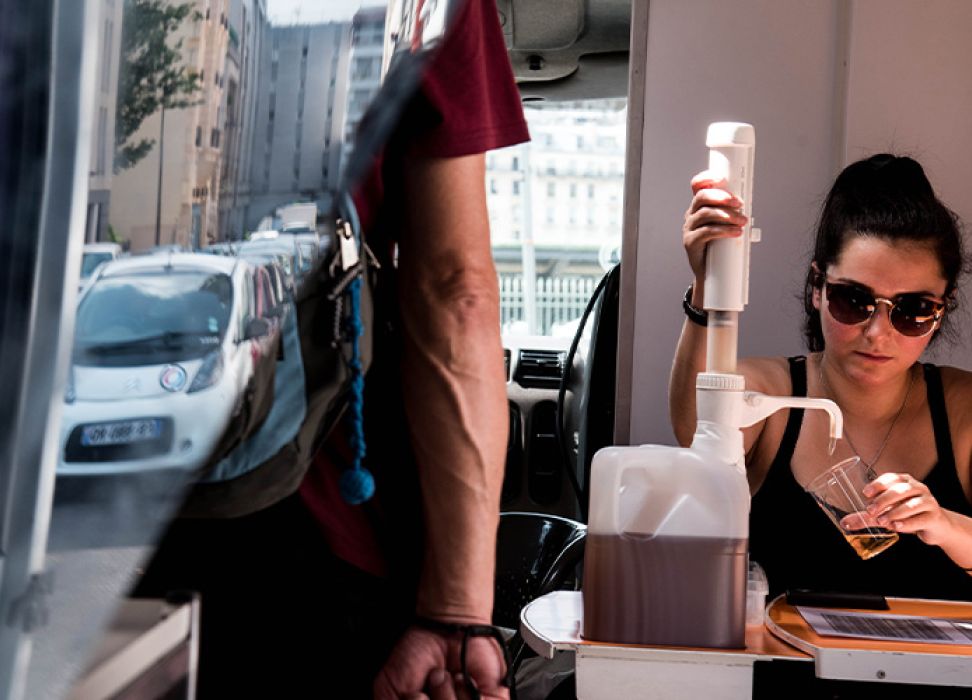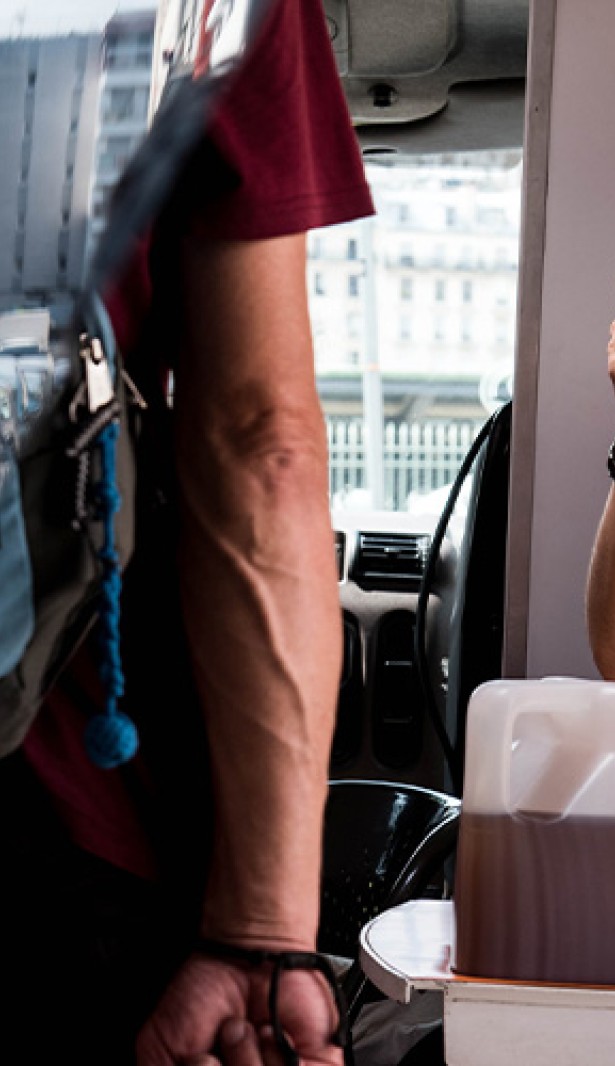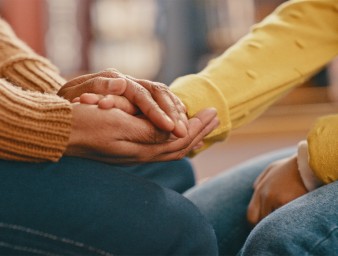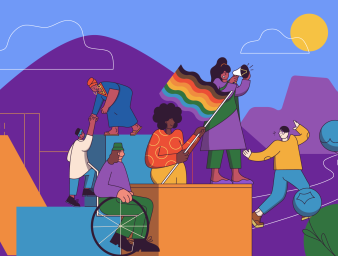Experts: Drug policy needs a human rights-based approach
21 April 2021

Haryati Jonet, known as Yatie, has been using drugs since she was a teenager.
At the age of 15, she was thrown out of her home. Pregnant and a lone she began using drugs.
“My first taste of drugs was when I was 15. I was involved with drugs problematically, for 20 years,” says, Jonet, now 46.
Jonet is a member of the International Network of People who use drugs, a global NGO working to promote the health and defend the rights of people who use drugs. She was featured in a video presented during a side-event of the 64th session of the United Nations Commission on Narcotic Drugs. The event focused on why people should be at the centre of any policy towards decriminalisation of drug users.
Participants heard speakers explain why and how people who use drugs should be at the centre of advancing policy towards decriminalisation of drugs as well as the findings of a new report on the subject.
Drug Decriminalisation: Progress or Political Red Herring? by the International Network of People Who Use Drugs, stated that individuals and community organisations also be involved in all stages of the drug reform process.
“All policy models of decriminalisation must fully decriminalise people who use drugs – by removing all administrative sanctions, including surveillance, coercion and punishment for use and possession of drugs,” the report recommends.
UNAIDS Special Advisor on Community mobilisation, Laurel Sprague, said women and youth were more vulnerable and susceptible to accessing health services for drug use.
“Harm reduction services face legislative and financial barriers for reaching their clients with quality services, even more so when it comes to women and young people who use drugs, and also people who use stimulants.”
According to the UN Office on Drugs and Crime (UNODC), World Drug Report of 2019, 35 million people suffered from drug use disorders, but only 1 in 7 will received treatment. The United Nations system adopted a common policy on drugs, which commits to support States in decriminalising drug possession for personal use.
In the OHCHR video, Zaved Mahmood, a human rights advisor on drug policy, said detaining drug users creates more problems than solutions.
“In some cases, increases human rights violation related to the drug control efforts, these include extrajudicial killings, large number of extrajudicial killings, torture, disappearances in some countries, use of death penalty for drug related offences,” he said.
People who use drugs need health attention and not detention, he added.
“ Out of that, 11 million people, 20 percent of the prison population now indeed in detention for drug related offences, including for personal use of drugs, Mahmood said. “From our experience, we have seen that war on drugs is not giving the result.”
21 April 2021
In the video below watch the impact of criminalisation of people who use drugs on human rights.




